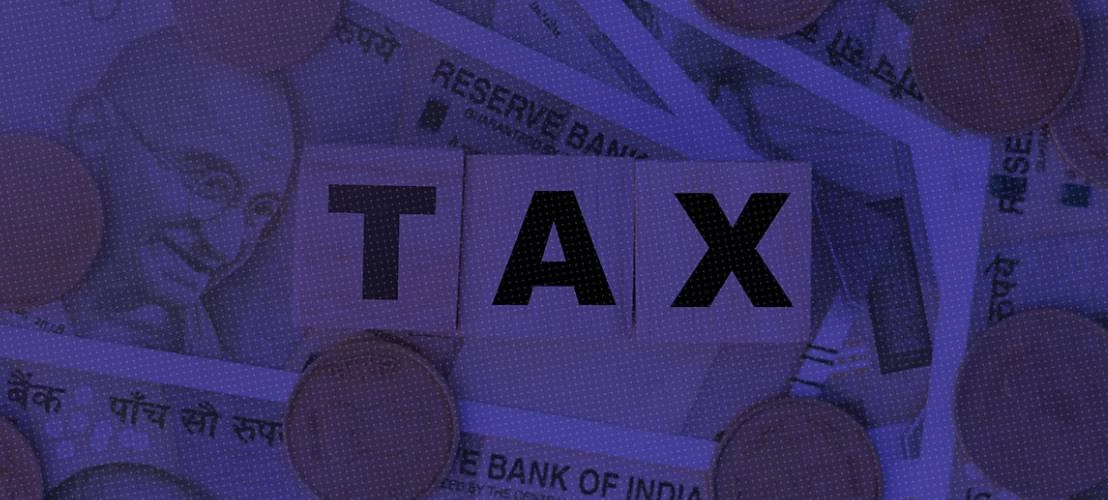Observing that the power to order a provisional attachment of the property of the taxable person including a bank account, under Section 83 of the HPGST Act [equivalent to Central Goods and Services Tax Act, 2017] is draconian in nature, the Supreme Court has on 20 April 2021 held that the conditions prescribed by the statute for a valid exercise of this power must be strictly fulfilled.
Opinion based on ‘tangible material’ and ‘necessity’
The Apex Court was of the view that before ordering a provisional attachment the Commissioner must form an opinion based on tangible material that the assessee is likely to defeat the demand and therefore the provisional attachment is necessary for the purpose of protecting the interest of the government revenue. It noted that ‘necessity’ postulates that the interest of the revenue can be protected only by a provisional attachment without which the interest of the revenue would stand defeated.
Holding so, the Court, on the merits of the case, noted that the order for provisional attachment did not contain any basis for formation of the opinion that a provisional attachment was necessary to safeguard the interest of the revenue. It also noted that no tangible material was disclosed in the order for provisional attachment.
Hearing opportunity is mandatory
Further, observing that under Rule 159(5) of the HPGST Rules, 2017 [equivalent to Central Goods and Services Tax Rules, 2017], the person whose property is attached is entitled to an opportunity of being heard, the Court rejected the Revenue department’s contention that opportunity of being heard was at the discretion of the Commissioner. According to the Court, ‘Commissioner’s understanding that an opportunity of being heard was at the discretion of the Commissioner is therefore flawed and contrary to the provisions of Rule 159(5)’.
Proceedings to be pending against same assessee
The Supreme Court also rejected the contention that merely because proceedings were pending/concluded against another taxable entity (on invoices of whom the assessee had claimed ITC), the powers of Section 83 could also be attracted against the assessee-appellant. It held that ‘Given that there were no pending proceedings against the appellant, the mere fact that proceedings under Section 74 had concluded against GM Powertech, would not satisfy the requirements of Section 83. Thus, the order of provisional attachment was ultra vires Section 83 of the Act.’
Allowing the appeal of the assessee, the Court in the dispute Radha Krishan Industries v. State of Himachal Pradesh [Judgement dated 20 April 2021] also noted that since the final order under Section 74 was passed, the provisional attachment must come to an end.
Writ maintainable against provisional attachment
The Supreme Court also held that writ petition before the High Court under Article 226 of the Constitution of India, challenging the order of provisional attachment, is maintainable. It noted that the Joint Commissioner while ordering a provisional attachment under Section 83 was acting as a delegate of the Commissioner (in pursuance of the delegation effected under Section 5(3)) and an appeal against the order of provisional attachment was not available under Section 107(1). The Court observed that the expression ‘adjudicating authority’ does not include among other authorities, the Commissioner.







